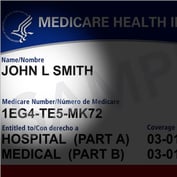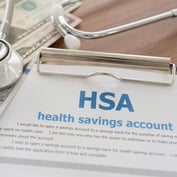A charity that wants to help insured patients pay for expensive drugs has to take great care to avoid triggering federal anti-kickback rules.
The U.S. Department of Health and Human Services Office of Inspector General (HHS OIG), a watchdog agency that oversees the U.S. Department of Health and Human Services (HHS), recently gave an example of an acceptable patient assistance program in an advisory memo with the title “Re: Notice of Modification of OIG Advisory Opinion No. 06-04″.
Gregory Demske, chief counsel to the HHS OIG inspector general, sent the memo to an unnamed charity.
The charity agreed to change an assistance program it proposed earlier to address the concerns HHS OIG officials raised in May 2014, in a bulletin in the Federal Register.
Federal health program rules, and some private health insurers’ rules, discourage outside entities from helping patients pay out-of-pocket bills, to keep a reduction or elimination of patients’ “skin in the game” from encouraging them to use unnecessary services, or from encouraging them to do a poor job of shopping for the most affordable possible suitable care.
In recent years, HHS OIG officials said in the Federal Register bulletin, efforts to help patients with Medicare Part D prescription drug coverage pay the out-of-pocket costs associated with exorbitantly expensive specialty drugs have highlighted concerns that charities that help assist patients could encourage patients to make unnecessary use of high-cost care.
The unnamed charity in the new advisory letter agreed to limit that risk by stating that, even though the charity would strive to help people with metastatic cancer, it would interpret that term as broadly as possible, and not try to define the use of disease funds by referring to specific symptoms, types of drug treatment, or other terms that could narrow the definition.
The charity said it would cover, at a minimum, all drugs approved by the U.S. Food and Drug and Administration (FDA) for treatment of a particular type of cancer, not just one drug, and not just drugs approved for treatment of metastatic cancer.
If a drug or medical device has competitors, the charity has agreed to help with co-payments for all of the competitors, Demske says.








 January 04, 2016 at 12:25 PM
January 04, 2016 at 12:25 PM










